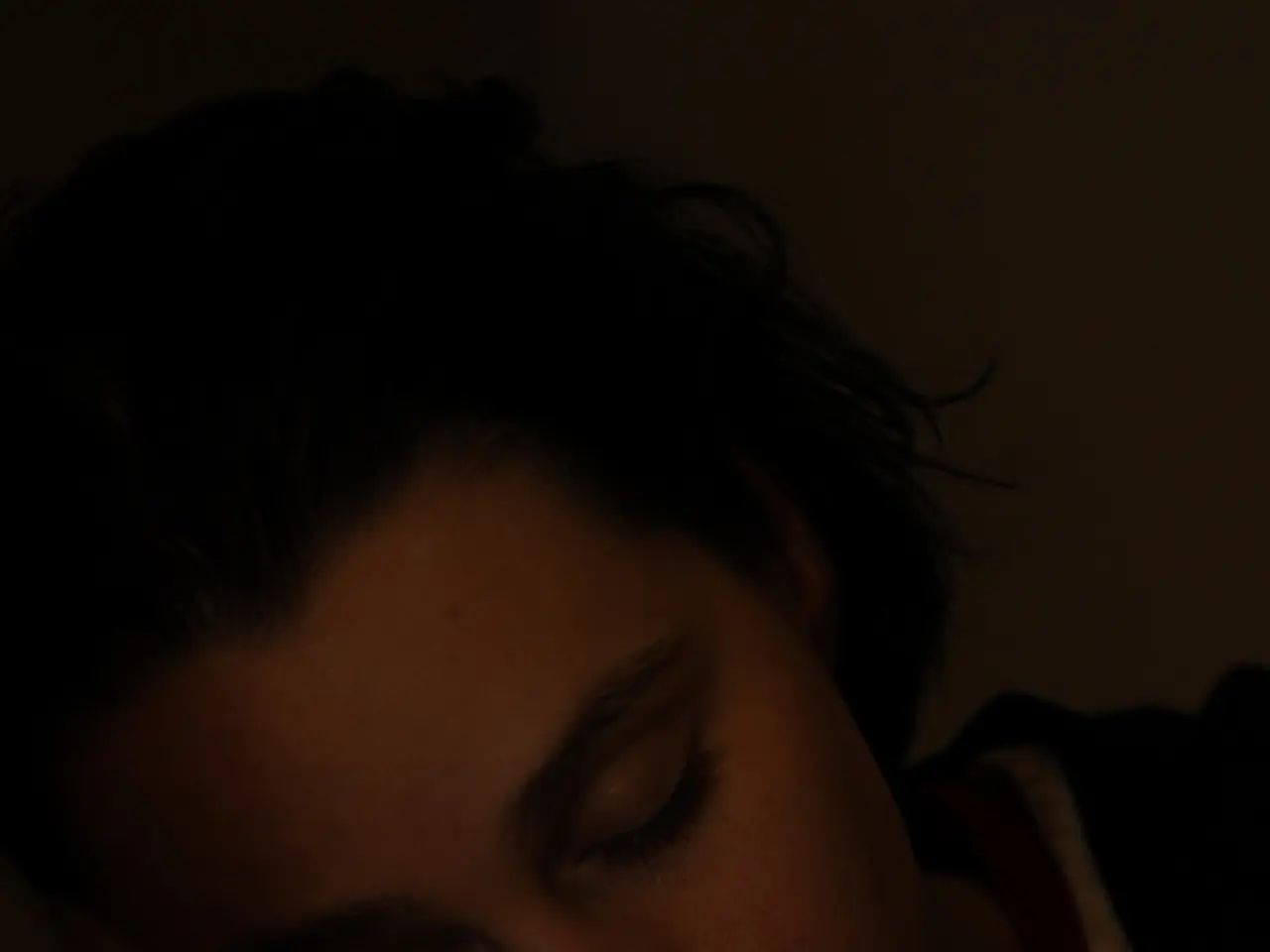Flipping the Switches for Heart Healing: The Power of Sleep after a Heart Attack
Potential sleep mechanism to possibly ward off subsequent heart attacks
The wisdom within us extends beyond the surface. It's all about communication between different organs and systems, working together to keep our health in check and protect us when we need it the most.
Take, for instance, the heart-immune system-brain collaboration. This hidden dialogue triggers healing processes in our bodies, especially after a heart attack.
You might think you'd want to sleep more after a heart attack due to physical exhaustion. But the urge for sleep is more than just a response to trauma—it plays a significant role in the healing process itself.
Researchers at the Icahn School of Medicine at Mount Sinai Hospital found that the heart regulates sleep through the immune system to reduce inflammation. After inducing heart attacks in mice, they discovered a three-fold increase in slow-wave sleep, characterized by slow brain waves and reduced muscle activity. This spike in sleep occurred swiftly after the heart attack and lasted for a week.
Looking deeper into the brains of these mice, they found that immune cells called monocytes were recruited from the blood to the brain and released a protein called tumor necrosis factor (TNF), causing an increase in sleep by activating neurons in the thalamus.
"This study is the first to demonstrate that the heart regulates sleep during cardiovascular injury by using the immune system to signal to the brain," says senior author Cameron McAlpine, PhD, Assistant Professor of Medicine (Cardiology), and Neuroscience at the Icahn School of Medicine at Mount Sinai.
Sleeping well post-heart attack not only boosts your chances of recovery but also lowers the risk of another heart attack. An analysis of 80 heart attack patients showed that those who slept poorly in the weeks after their heart attack had twice the risk of another heart attack compared to those who slept well.
Conversely, those who slept well showed significant improvement in heart function. Poor sleepers displayed little to no improvement. Researchers hope that understanding sleep's role in healing after a heart attack will prompt intensive care units to focus on reducing sleep disruption, a common occurrence in these environments.
Strengthening the Sleep-Heart Connection: Tips and Tricks
- Keep a regular sleep schedule – Setting a fixed wake-up and bedtime can help your body adjust to the rhythm, eventually syncing your circadian clock and making it easier to fall asleep.
- Avoid electronic devices before bedtime – The blue light emitted by smartphones, computers, and TVs can interfere with your circadian rhythm, making it harder to fall asleep.
- Engage in physical activity during the day – Exercise helps tire out your body, making it easier to fall asleep and stay asleep throughout the night.
- Expose yourself to natural light – Natural light helps regulate your circadian rhythm, which controls your sleep patterns.
- Limit caffeine and alcohol intake – Both substances can interfere with sleep quality and make it harder to fall asleep.
- Seek treatment for sleep apnea – Untreated sleep apnea places added strain on the heart, increasing the risk of another heart attack.
- Consider cognitive behavioral therapy for insomnia (CBTI) – It's a natural therapy for insomnia that addresses negative sleep-related thoughts and behaviors, helping improve sleep quality without the need for prescription sleep aids.
Maintaining regular, restful sleep after a heart attack is crucial for heart recovery and long-term cardiovascular health. Balancing sleep with physical activity is essential, and sleep should never be sacrificed, especially when going through cardiac rehabilitation.
- The immune system, as seen in a study at the Icahn School of Medicine at Mount Sinai Hospital, plays a significant role in the heart regulating sleep to reduce inflammation post-heart attack, which aids in the healing process.
- Sleeping well after a heart attack can boost recovery chances and lower the risk of another heart attack, as revealed in an analysis of 80 heart attack patients, where those who slept poorly had twice the risk of another heart attack.
- To strengthen the sleep-heart connection, it's advisable to keep a regular sleep schedule, avoid electronic devices before bedtime, engage in physical activity during the day, expose oneself to natural light, limit caffeine and alcohol intake, seek treatment for sleep apnea, and consider cognitive behavioral therapy for insomnia to improve sleep quality and overall health.








